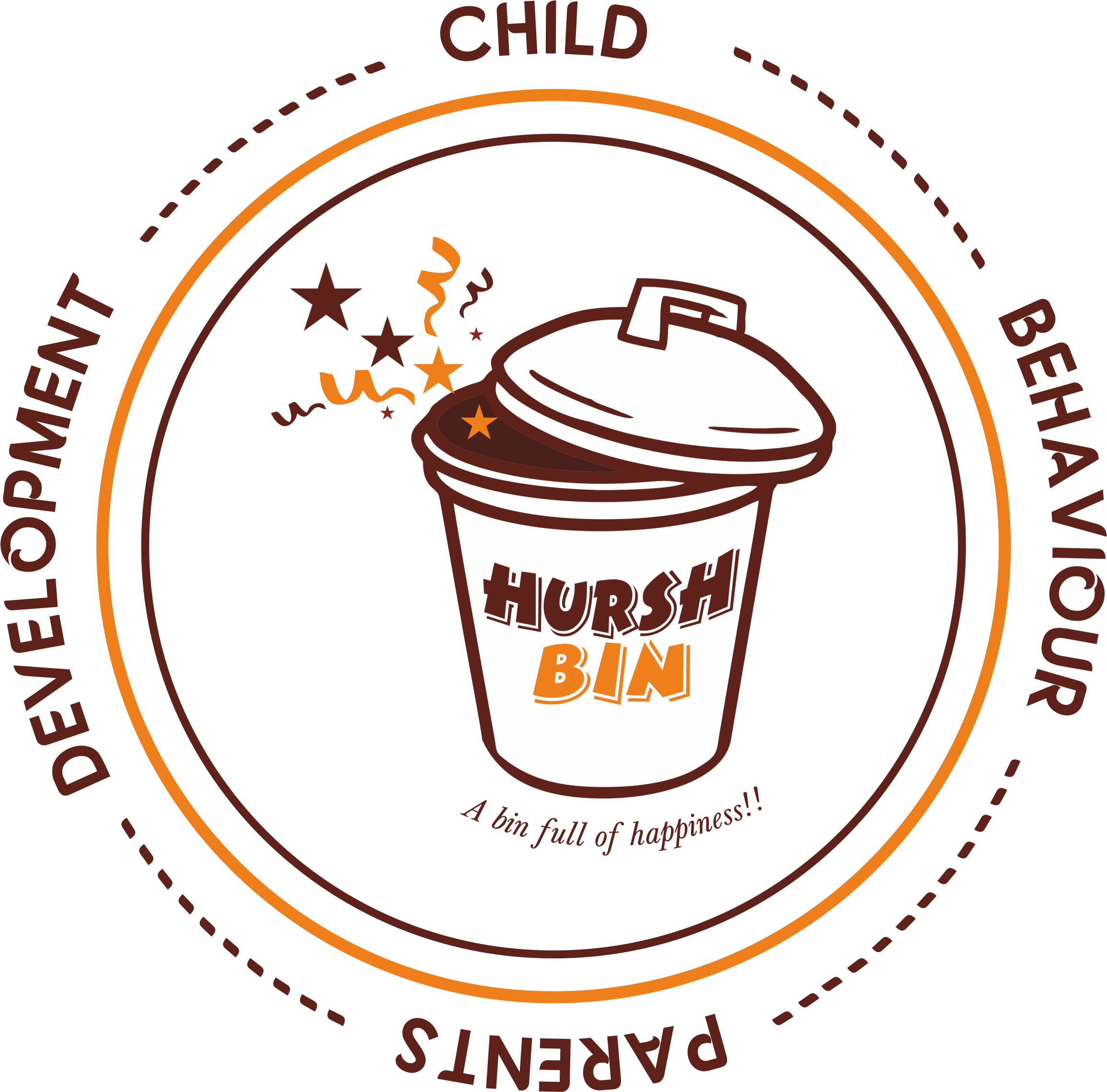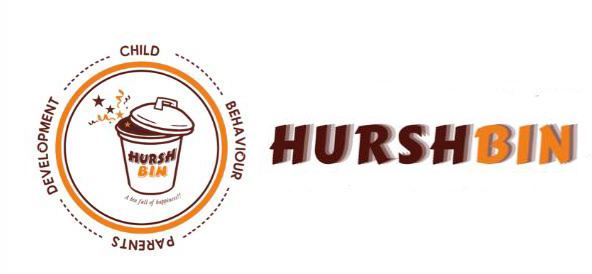Red-flagged behaviors for children with Global Developmental Delay (GDD) are specific signs that indicate a child might be facing challenges in their overall growth and development. These behaviors encompass difficulties in various areas such as speech and language, motor skills like walking or using hands, social interactions, and learning abilities.
Signs of GDD include:
1. Communication Delays:
- Not babbling or making cooing sounds by 6 months.
- Not using gestures like pointing or waving by 12 months.
- Limited or no speech by 24 months.
- Difficulty understanding or following simple instructions.
2. Motor Skill Delays:
- Not holding their head up steadily by 4 months.
- Not rolling over in both directions by 6 months.
- Not sitting without support by 9 months.
- Not crawling or standing with help by 12 months.
- Not walking by 18 months.
3. Social and Emotional Delays:
- Limited eye contact or avoidance of eye contact.
- Lack of interest in interacting with others, including parents.
- Difficulty playing with toys in an appropriate manner.
4. Cognitive Delays:
- Struggling to understand simple concepts or directions.
- Not showing interest in exploring their surroundings.
- Difficulty in problem-solving or learning new tasks.
5. Self-Help Skill Delays:
- Difficulty with tasks like feeding themselves, dressing, or using the toilet.
6. Behavioral Signs:
- Unusual repetitive behaviors or movements.
- Excessive tantrums or difficulty managing emotions.
- Anxious behavior - restlessness
The presence of one or more of these signs does not automatically mean a child has GDD. Many children might show temporary delays that resolve with time or a little extra support and appropriate stimulation.
Global Developmental Delay (GDD) can result from a range of factors, including genetic conditions, premature birth, brain injuries, metabolic disorders, exposure to toxins, prenatal infections, neurological issues, malnutrition, sensory impairments, and a lack of stimulating environments.
Global Developmental Delay (GDD) can often be screened in children as early as infancy, usually between the ages of 9 months to 2 years. However, the exact timing might vary depending on the specific developmental milestones and signs observed in the child.
1. Myth: GDD is the same for every child.
Fact: GDD is a broad term that encompasses a range of developmental delays and challenges, and each child's experience can be different.
2. Myth:GDD is solely caused by poor parenting or neglect.
Fact:GDD can result from various factors, including genetic conditions, brain injuries, premature birth, and other medical or environmental factors.
3. Myth: Children with GDD will never catch up to their peers.
Fact: With early intervention, therapy, and support, many children with GDD can make significant progress and achieve developmental milestones.
4. Myth: GDD is a lifelong condition with no hope for improvement.
Fact: While GDD can have long-term effects, early diagnosis and appropriate interventions can lead to improvement in a child's developmental trajectory.
5. Myth: GDD only affects cognitive abilities.
Fact: GDD can impact various areas of development, including cognitive, social, speech and language, motor skills, and adaptive skills.
6. Myth: GDD is a rare condition that only affects a small number of children.
Fact: GDD is a relatively common condition that affects a considerable number of children.
- Seek early diagnosis and intervention.
- Connect with professionals and therapists.
- Be the child's advocate in educational settings.
- Engage in regular interactions to foster communication skills.
- Use simple language and encourage verbalization.
- Establish routines and predictability.
- Provide a structured and organized space.
- Promote age-appropriate tasks and activities.
- Celebrate small achievements to boost self-esteem.
- Attend therapy sessions and reinforce exercises at home.
- Incorporate therapy techniques into daily routines.
- Arrange playdates and social opportunities.
- Teach social cues and positive interactions.
- Understand that progress might be gradual.
- Adapt strategies based on the child's needs.
- Create a nurturing and accepting environment.
- Offer emotional support during challenges.
- Educate yourself about GDD and its management.
- Acknowledge and celebrate each milestone achieved.
- Focus on the child's strengths and efforts.
The treatment and management of children with Global Developmental Delay (GDD) usually involve a multidisciplinary approach. Pediatricians might conduct thorough assessments to identify underlying medical conditions, provide supportive care, and manage any associated health issues. Behavioral therapy, on the other hand, can focus on improving developmental skills and addressing specific challenges through techniques like Applied Behavior Analysis (ABA) and speech therapy. It's crucial for medical professionals and therapists to collaborate closely to tailor interventions to the child's unique needs and provide ongoing support for both the child and their family.
Yes, if a child is showing traits of Global Developmental Delay (GDD), it's a reason for concern. GDD means that the child is not developing skills and abilities as quickly as other children their age. This can affect their speech, movement, thinking, learning and social interactions. It's important to consult a doctor or a specialist to understand the cause and get the right support for the child's development.
Absolutely! Kids with GDD can go to regular schools. However, make sure these schools have special teachers or classes that help them learn at their own pace. The idea is to make sure they learn and play with their classmates, just like everyone else. With the right support, they can do great and have a good time in school.
At HurshBin, we help children who are facing difficulties in their development. HurshBin uses a special kind of therapy called ABA Therapy to help these children. This therapy uses different methods to teach them important skills and to help them with their challenges. The experts at HurshBin create a plan that fits each child's needs to help them get better at things they find hard to do.


